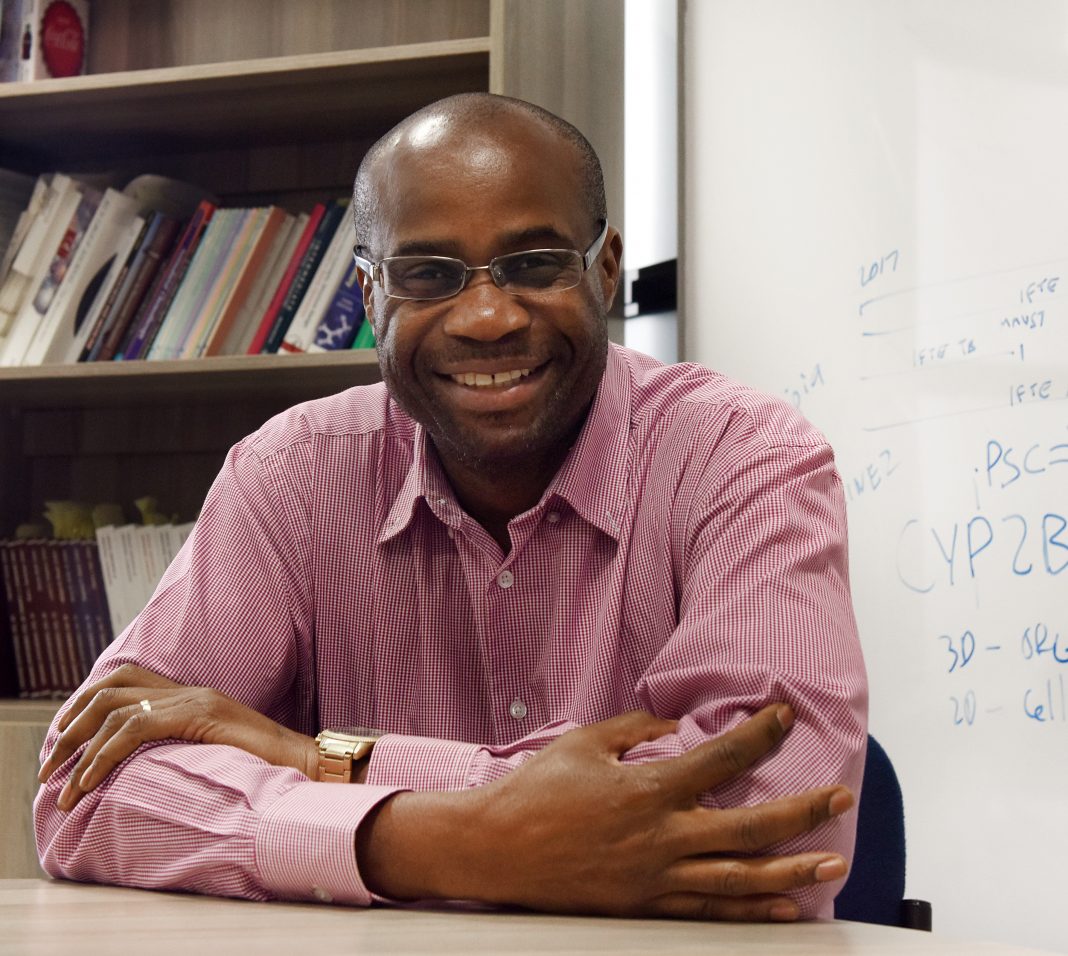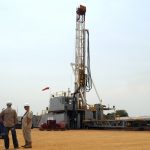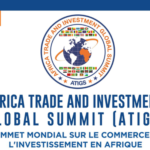By Kelly Chibale
The news that the University of Oxford has developed a coronavirus vaccine that appears safe and has triggered an immune response, is an encouraging step in our long journey toward returning to normality. It also provides the opportunity to join forces to tackle the pandemic and highlight Africa’s scientific leadership.
Africa’s first #COVID-19 case was found in Egypt in February. By May, it had completed its spread across the continent, with Lesotho the final country confirming a case. Today, we are slowly edging towards a million cases while almost 20,000 people have lost their lives.
But how we are impacted goes beyond these numbers. In February you wouldn’t have thought twice about hugging a friend or an elderly relative. Now you hold back, unsure of the risk. And of course, there is the cost to the economy: scores of people have lost their jobs, with thousands fighting for the few that remain.
Social distancing and the restrictions put in place by governments have been crucial in helping us manage the pandemic, but we can’t stay distanced forever.
That’s why the news around the University of Oxford vaccine is so welcome. Never before have we seen such encouraging results so early in the process. While we still have a long way to go before we arrive at a safe and effective vaccine, these results give us hope that a vaccine is possible, and we are on the right path.
Building on these initial results, the University of Oxford trial will now move to expand the number of participants to ensure the results can be repeated across regions and help identify any potential side-effects. South Africa is one of four countries where clinical trials are being held. This is happening as scientists across continents join forces in an array of other vaccine trials. A final vaccine, albeit not guaranteed, may still be many months, (or possibly even years) away, but when it arrives, we can be assured it will be safe and effective.
I have dedicated my career to researching and finding solutions to some of the continent’s most stubborn diseases like malaria and tuberculosis. But never before have I seen so much interest or focus on health science and research. At the same time, we have to debunk misinformation and conspiracy theories. Sometimes, it can be an innocent mistake; misinformation spreads so easily because it taps into our fears and doesn’t need to include any truths. But the impact can be dangerous and damaging.
First, it perpetuates the belief that Africa can’t be a source of health innovation. Second, it could discourage the next generation of researchers – why dedicate your life to science and finding solutions for someone on the Internet to dispute your work and sometimes even slander you?.
More than ever, we need to encourage dialogue between scientists and our communities and share the tremendous benefits of science. The Coronavirus has provided us with a golden opportunity to contribute and participate in a global priority. It is also essential. Africa is genetically the most diverse continent on earth. We need to ensure that the different regions in Africa are part of clinical trials, so that a vaccine and its dosage and frequency is tailored for the use of our specific populations, rather than being brought in from the global North.
Currently, less than two percent of clinical trials globally are conducted in Africa. We need to change this and ensure that African perspectives are considered during the clinical testing of medicines and vaccines. By being active participants, we can help ensure vaccines and treatments will work here. It also gives us capital to demand equal and early access to successful vaccines.
But it also goes beyond this, to something much bigger. We are experiencing a global pandemic, the likes of which has not been seen in over a century. Helping find the solution allows us to build our research institutions and capacity, which, in turn, helps better prepare our infrastructure for future pandemics and creates jobs.
Clinical research requires the services of scientists, nurses, and technologists to name a few, so you can imagine the array of meaningful, knowledge-based opportunities they can create for young Africans not just in direct jobs, but also in indirect jobs. As somebody who grew up in townships and villages, I can vouch for the power of a science-driven job to change the life of a young person.
It is also our responsibility to get involved. As Africans, we cannot demand equitable access or distribution of a vaccine if we do not participate and contribute ourselves. This is an opportunity for African scientists to lead, to earn respect and credibility and to show that we can be at the forefront of doing clinical trials.
Every day I interact with some of the biggest and brightest scientific minds. And it isn’t just in South Africa where I am based. Across the continent there is a cadre of scientists working on solutions to some of Africa’s biggest problems. It is time we celebrated and amplified our scientific expertise. It is time we became more active participants in the global scientific community.
As scientists across the world continue their work, I call upon all citizens in Africa to become partners in the quest for a #COVID-19 vaccine. Only through our joint efforts and trust in science can this virus be defeated.
Kelly Chibale, PhD, FRSSAf, FRSC, FAAS, MASSAf is professor of organic chemistry at the University of Cape Town, the Neville Isdell Chair in African-centric Drug Discovery and Development and the founder and director of the H3D Drug Discovery and Development Centre at UCT.








